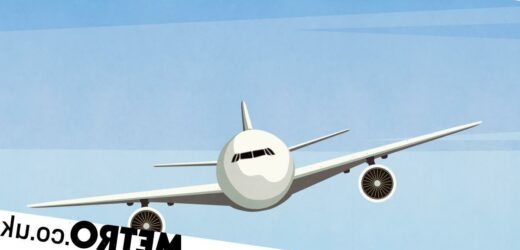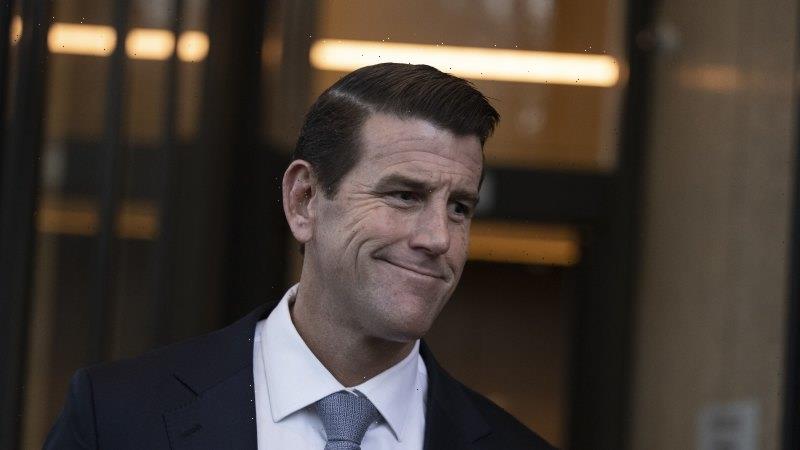One advantage of being a frequent flyer, lounge access aside?
Frequent flyers are generally less nervous in the air – in the unlikely event of turbulence or a bumpy landing, they just dust themselves off and get back on board.
Then Covid hit. Frequent flyers with low-level aviation anxiety have been grounded, with more time to dwell on any fears.
Meanwhile, for leisure travellers nervous about flying, the pressure’s on – loved ones will be chomping at the bit to hop on a flight, all the while counting down the days until they’re forced to confront their fears.
Anxieties have also been elevated by the grounding of planes. But don’t panic, they haven’t been left to rust. Take British Airways’ fleet.
‘Our engineers created bespoke maintenance packages for planes that have spent more time on the ground,’ says Phil Baxendale, the engineering head of quality and technical at British Airways.
‘They have checks on days seven, 15 and 30. These relate to everything from fuselages to engines. When they return to service, they undergo an examination that covers everything from sterilisation of water systems to high-power engine runs.’
Overcoming a fear of flying requires an understanding of the inner workings of both aeroplanes and our brains. This is why fear-of-flying courses that include a flight are so successful.
‘Being aware of what plane noises mean, while also understanding what’s going on in your head, is crucial,’ says phobia expert Lawrence Leyton, who partnered with ex-flight phobic Mark Wein to run easyJet’s Fearless Flyer courses (from £69pp).
‘We don’t just tell people flying is safe – we explain why,’ says Wein. ‘It’s about building trust in aircraft and crew and offering anxiety-management techniques.’ BA runs its own fear-of-flying courses, too (from £299pp).
Tom Bunn, a retired captain and founder of US-based fearofflying.com, is another firm believer that managing anxiety is key. He says flyers are often more scared of the physical manifestations of fear.
‘There’s been a shift from a fear of crashing to a fear of panic attacks,’ says Bunn. ‘Safety has changed – no major US airline has crashed in 19 years – but panic hasn’t.’
He recommends the 5-4-3-2-1 exercise, which is rooted in mindfulness.
As for that pre-flight tipple? We would urge caution.
‘Some people become numb to their feelings, while others become aggressive, so drinking isn’t always helpful,’ says psychotherapist Hannah Bailey, of bluelightwellbeing.uk.
Our advice? Save the champers for that post-flight celebration.
Do you have a story to share?
Get in touch by emailing [email protected].
How to get your Metro newspaper fix
Metro newspaper is still available for you to pick up every weekday morning or you can download our app for all your favourite news, features, puzzles… and the exclusive evening edition!
Download the Metro newspaper app for free on App Store and Google Play
Source: Read Full Article




